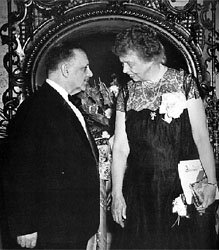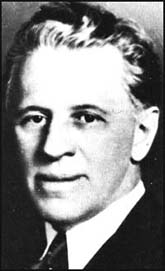NY Shelled on Movie Screen
Now that it is done, it is not a big hit in the motion picture. I think the process in making the film was a little dramatic with so many supporters concdering it didnt do so well.
A Discussion of American Propaganda & the Mass Media from the Spanish American War to the Present
 The protagonist of good government, then, selects such appeals as will best serve to reach the groups he desires to influence. If he is engaged in a campaign for a better health department, there is always the desire of self preservation of the individual around which such a campaign can be based. If it is better milk, or a campaign for better schools, there is the love of children. If it is better streets and highways, the fear of an accident to the pedestrian or autoist.
The protagonist of good government, then, selects such appeals as will best serve to reach the groups he desires to influence. If he is engaged in a campaign for a better health department, there is always the desire of self preservation of the individual around which such a campaign can be based. If it is better milk, or a campaign for better schools, there is the love of children. If it is better streets and highways, the fear of an accident to the pedestrian or autoist.I find this passage extremely interesting because it shows how the public can be so easily manipulated. By relating the cause to what matters to society, any campaign can be spun to appear in the people's best interest. With this, I pose a question. Were we, the American Public, targets of this tactic when being sold a war to fight a tyrannical dictator harboring weapons of mass destruction that could be connected to Osama Bin Laden and the 9/11 attacks? And in our society where the media is supposed to create transparency, shouldn't we be able to see the real intent (rather than the reason they are selling) and avoid falling victim to this method? And if we do buy into the version they are selling, is it because the media is really simulating transparency or that we are just not looking at all of the sources of information?
"If I allowed my honest opinions to appear in one issue of my paper, before
24 hours my occupation would be gone. The business of a journalist is to
destroy the truth; to lie outright; to pervert; to fawn at the feet of mammon,
and to sell his country and his race for his daily bread. You know it and
I know it and what folly is this toasting and independent press.. Our
talents, our possibilities and our lives are all the property of other
men. We are intellectual prostitutes."(Swinton, John, 1953)http://www.newint.org/issue333/filtering.htm


